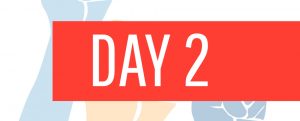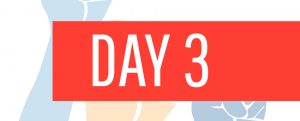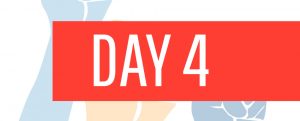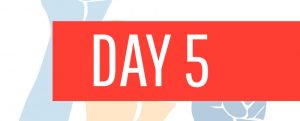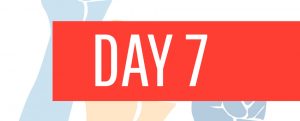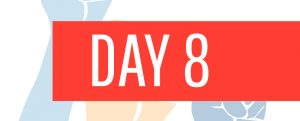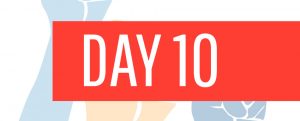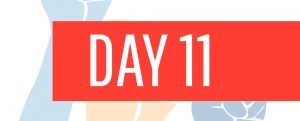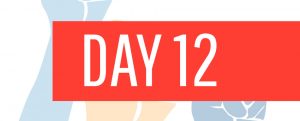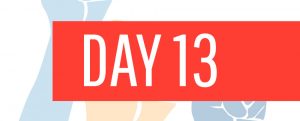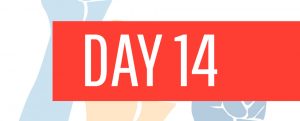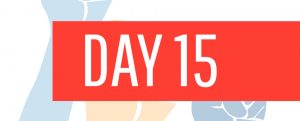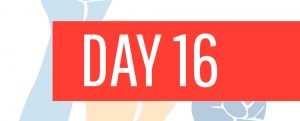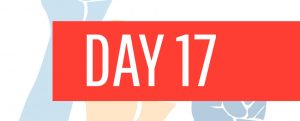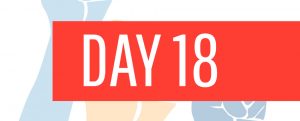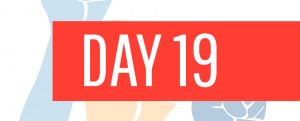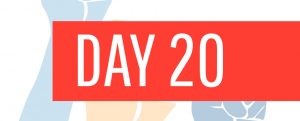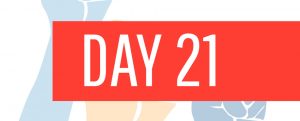Day 9: Housing Inequality
The reality is that housing affordability and who experiences homelessness is largely influenced by our country’s history of racism. According to the Center for American Progress 2019 article, How America’s Housing System Undermines Wealth Building in Communities of Color, “For centuries, structural racism in the U.S. housing system has contributed to stark and persistent racial disparities in wealth and financial well-being, especially between Black and Hispanic or Latino households and white households.”
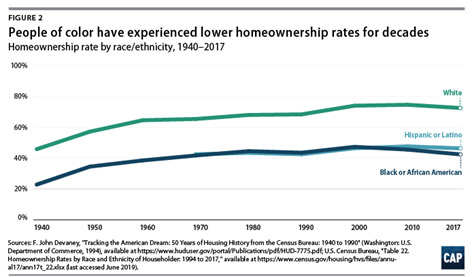
In September 2020, the Kalamazoo City Commission passed an anti-discrimination housing ordinance to address structural racism and inequality in housing. The ordinance expands protections to include educational affiliation, source of income, status as a victim of domestic violence, personal identification method, and prior arrests or conviction record. It also strengthens protections for gender identity and sexual orientation and protects against predatory application fees. This ordinance – a result of collaboration between several community partners including the Interfaith Strategy for Advocacy and Action in the Community (ISAAC), and Truth, Racial Healing & Transformation (TRHT) Kalamazoo – is the first significant change to address housing discrimination in Kalamazoo since gender identity and sexual orientation were added as local protections in 2009.
Between 2015 and 2019, Battle Creek conducted eight systematic housing investigations that showed housing discrimination was occurring in the city. After conducting a series of meetings with Black residents, priorities were identified to create a more equitable housing market. These included implicit bias and equity training for realtors, home buying and credit education classes for community members, a series of community conversations to dig deeper into the effects of redlining, and creation of a home buying guide. The city of Battle Creek continues to work with community organizations to tackle housing inequities including access to home loans and financing, fair housing practices, and inclusive zoning and tax assessment.
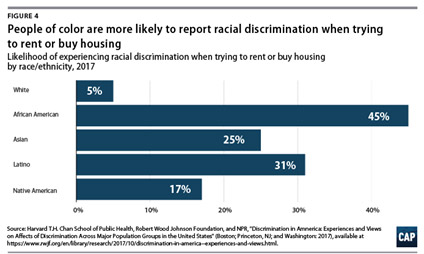
Today’s Challenge

Watch: Watch this video from the Urban Institute exposing how housing discrimination against marginalized communities including racial and ethnic minorities, people with disabilities, LGBTQIA+, and low-income families occurs today. (4:57)
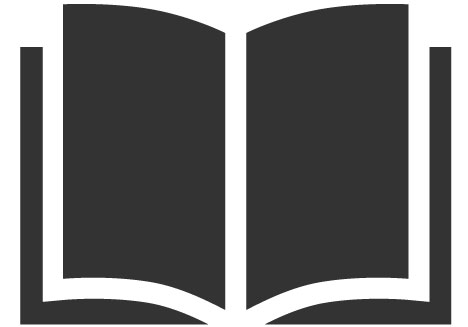
Read: Read this brief article from the National League of Cities Embedding Racial Equity in Housing.

Watch: Watch public policy expert and author Heather C. McGhee explain how racism has a cost for everyone. Racism makes our economy worse — and not just in ways that harm people of color, says public policy expert Heather C. McGhee. McGhee shares startling insights into how racism fuels bad policymaking and drains our economic potential. “It costs us so much to remain divided.” (14:21)
Discussion
How can housing discrimination result in a ripple effect touching other areas of society?
How do you think the housing policies we have been discussing may have either benefited or harmed your family?


